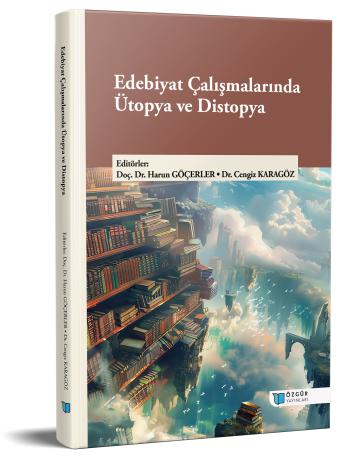
Political, Social and Linguistic Discourse of Dystopia in Paul Lynch’s Novel, Prophet Song
Chapter from the book:
Göçerler,
H.
&
Karagöz,
C.
(eds.)
2025.
Utopia and Dystopia in Literary Studies.
Synopsis
Paul Lynch’s Prophet Song (2023) is a contemporary novel providing social and political elements with a brilliant and provocative account of the Stack family in a totalitarian regime. An unconventional use of language is also included in the narrative of the novel such as run-on phrases, long sentences, uninterrupted paragraphs, and dialogues without quotation marks. These political, social, and linguistic features of the novel determine its dystopian discourse. Several literary studies have argued the problem of political, social and linguistic discourse; however, these features in the context of contemporary dystopian literature remains to be explored properly. Thus, this study aims to analyse the dystopian elements in the novel within the context of political, social, and linguistic discourse. The study enables a discussion on the authoritarian political system, the oppressive social order, and dystopian language use in Paul Lynch’s novel, Prophet Song in the light of the discourse analysis. All things considered, Paul Lynch’s Prophet Song appears to have a dystopian discourse including political, social, and linguistic elements.

